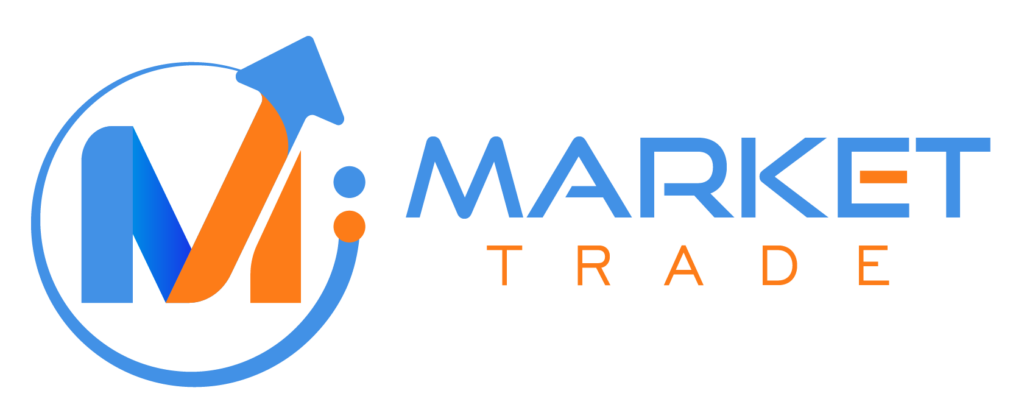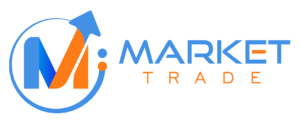Online trading offers endless possibilities for individuals looking to profit from global financial markets. Whether you are trading forex or exploring trading cryptocurrency, the platform you choose will play a significant role in your success. The right trading platform can enhance your market analysis, improve trade execution, and provide access to tools for informed decision-making.
However, not every platform is built the same. Some excel in speed and user-friendliness, while others focus on advanced charting and multi-asset trading. This guide will help you identify the key factors to consider when selecting the best forex trading platform for your goals and experience level.
1. Assess Platform Reliability and Track Record
When trading in dynamic markets, downtime or system failures can be costly. Before committing to a platform, look at its operational history. Consistent uptime, fast order execution, and smooth performance during high market volatility are strong indicators of reliability.
Check how long the platform has been in operation and how active its user base is. User reviews, independent forums, and online communities can give you a sense of how traders experience the platform during real market conditions.
Markettrade, for example, has built its reputation on offering a seamless trading experience with minimal delays and an interface designed for both speed and accuracy. These qualities are essential for traders who value precision in their orders.
2. Evaluate User Interface and Experience
A trading platform should make it easy for you to find the tools and information you need. A cluttered or overly complex interface can slow down decision-making, especially during fast price movements.
Look for:
- A clean and organized dashboard.
- Customizable charts and layouts.
- Quick access to watchlists, trading history, and account settings.
If you’re new to trading forex, an intuitive interface can help you learn faster and avoid costly mistakes. Experienced traders, on the other hand, might prefer a platform with deeper customization options and advanced order types.
3. Trading Instruments and Market Access
A good platform should give you flexibility in what you can trade. While your primary focus may be trading forex, having access to additional instruments such as cryptocurrencies, indices, and commodities can help you diversify your portfolio.
If you are also interested in trading cryptocurrency, check whether the platform offers popular pairs like BTC/USD, ETH/USD, or LTC/USD, along with the liquidity needed for smooth transactions.
Markettrade offers a variety of assets in one place, which means you can manage both your forex and cryptocurrency trades from a single account. This convenience can save time and allow you to respond quickly to opportunities in different markets.
4. Speed and Execution Quality
In trading forex or cryptocurrency, price movements can happen in milliseconds. Platforms with fast execution speeds reduce the risk of slippage, the difference between the expected price and the actual execution price.
Ask about:
- Average execution speed during peak trading hours.
- Does the platform support one-click trading for quicker order placement?
- Stability during high-volume market events, such as major economic announcements.
Consistent execution quality is crucial for traders using short-term strategies like scalping or day trading.
5. Analytical Tools and Charting Features
The best forex trading platform should come with robust market analysis tools. Look for:
- Multiple chart types (candlestick, line, bar, etc.).
- Technical indicators like moving averages, RSI, MACD, and Bollinger Bands.
- Drawing tools for marking support, resistance, and trendlines.
Many platforms also integrate economic calendars and news feeds to keep you informed of market-moving events. This can be especially useful for traders who rely on fundamental analysis alongside technical strategies.
6. Demo Accounts for Practice
If you’re new to trading forex or exploring a new platform, starting with a demo account is a smart move. Demo accounts let you practice with virtual funds in real market conditions, helping you:
- Learn the platform’s features.
- Test new strategies.
- Gain confidence without risking actual capital.
Markettrade provides demo account access so you can test the waters before committing real funds. This is especially beneficial for beginners and for experienced traders who want to explore advanced features without immediate risk.
7. Order Types and Risk Management
Good trading platforms give you flexibility in how you enter and exit trades. Standard order types include:
- Market orders.
- Limit orders.
- Stop-loss and take-profit orders.
Stop-loss and take-profit settings are crucial for risk management, allowing you to set predefined exit points to protect your capital or lock in profits.
If you’re trading cryptocurrency, where volatility can be extreme, these tools become even more important for protecting your positions.
8. Customer Support Availability
Even experienced traders can face technical issues or have questions about the platform. Reliable customer support can make a significant difference. Look for:
- 24/7 availability.
- Multiple contact channels (chat, email, phone).
- Quick response times and knowledgeable representatives.
For global markets like forex and crypto, support that operates outside regular business hours is essential.
9. Costs and Fees Transparency
Trading fees, spreads, and commissions can significantly impact profitability over time. The best forex trading platform will clearly outline all costs, including:
- Spread sizes for major and minor currency pairs.
- Commission rates (if applicable).
- Overnight swap rates for holding positions.
Transparent pricing ensures you know exactly what you are paying and helps you make informed comparisons between platforms.
10. Educational Resources and Community
A strong learning environment can accelerate your trading journey. Platforms that offer webinars, tutorials, and trading guides can help traders improve their skills and stay updated on market trends.
Being part of an active trading community can also offer benefits, such as strategy sharing, market insights, and moral support during challenging periods.
Final Thoughts
Choosing the best forex trading platform comes down to matching the platform’s strengths with your personal trading style and goals. Whether your focus is on trading forex, trading cryptocurrency, or both, consider factors like reliability, user experience, execution speed, market access, and customer support.
Markettrade offers a practical mix of speed, accessibility, and asset variety, making it an appealing option for traders who want to manage multiple markets from one place. By carefully evaluating your options and testing them through demo accounts, you can select a platform that supports both your current needs and your long-term trading ambitions.



